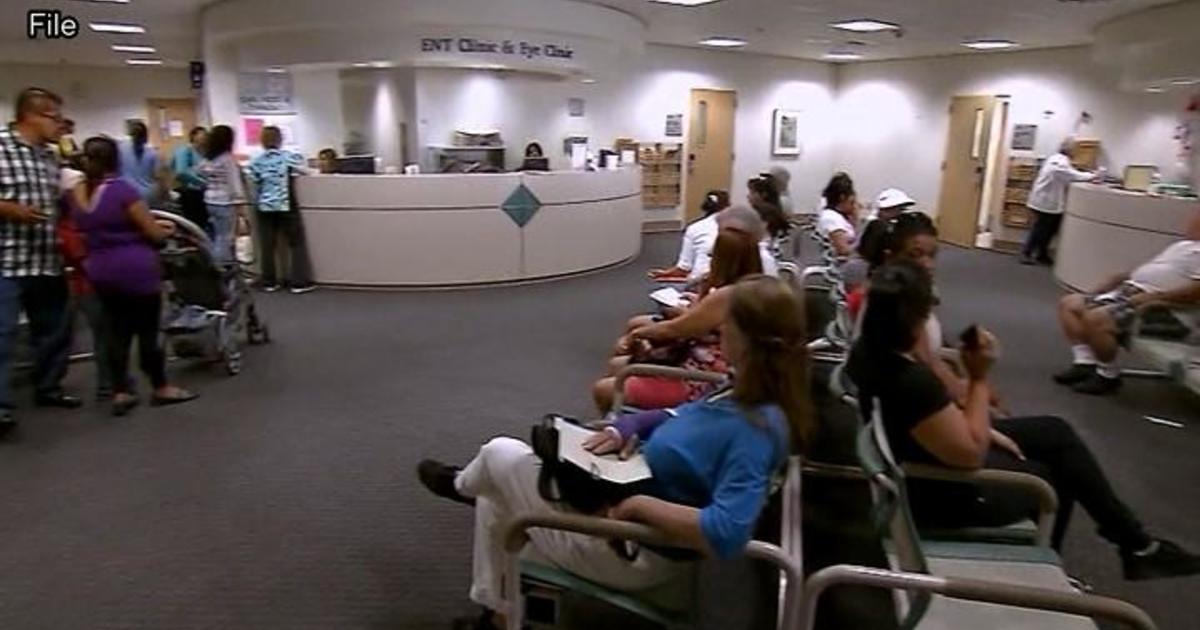Bio Released Of 'Star-Spangled' Author As Anthem Turns 200
MEGHAN DRAKE
The Washington Times
WASHINGTON (AP) -- Before the "dawn's early light" and the "twilight's last gleaming," the author of our national anthem was busy arranging a prisoner swap with the enemy.
During the War of 1812, prisoner swaps between the American and British forces were not uncommon, so when William Beanes, a physician from Upper Marlboro, Md., was taken prisoner by the British, a well-known local lawyer was called in to work out a deal.
With wine and supper served, the negotiator and British generals arranged the release of Beanes, but only after the British bombing of Baltimore took place.
With the release of the prisoner in sight, the lawyer was transported to an American ship with a clear view of Fort McHenry, where the British bombardment would last 25 hours. In the early hours of that September morning 200 years ago, when the clouds and fog finally cleared and the American flag could be seen still whipping in the wind, Francis Scott Key pulled a letter out of his pocket to write down the "Star-Spangled Banner."
The "Star-Spangled Banner" will celebrate its bicentennial this year. While the anthem's verses are sung at sporting events and patriotic gatherings, its author, Key, is known as the spectator to a remarkable victory who just happened to jot down patriotic verses. But, in reality, he was much more than that.
Marc Leepson sought to tell the larger story of Key's remarkable and varied life in his new biography, "What So Proudly We Hailed," released last week. The first biography on Key in 75 years, it uncovers aspects of his life that give new insight to the issues and controversies that helped shape the early republic.
After obtaining letters and primary documents from the Frederick and Maryland Historical Societies and the Libraries of Congress and Virginia, the Loudoun County, Virginia, historian found Key to be pious, patriotic, a "family man with a capital F" and the poster child of the Washington "establishment figure."
Leepson immersed himself in these primary sources for six months before he started writing, meeting with some unexpected hurdles.
"One thing people don't tell you about is (that) some of these people had bad handwriting," he said. "Key had not the greatest handwriting."
He added, "Thank God, the women wrote a lot back then, and they had better handwriting than the men."
Although Key is widely known as an amateur poet, he was a gifted orator and lawyer, arguing more than 100 cases before the Supreme Court as the U.S. attorney for the District of Columbia.
Deeply religious, he thought about joining the Episcopal Church priesthood but decided to work in the law to better support his growing family. He was involved in several churches, serving the sick and needy, and even originally opposed the War of 1812 on religious grounds.
He took an active role in the lives of his 11 children. In his letters to his children, he always quoted the Bible and pressed them to keep high moral standards.
A man of many contradictions, Key was a slave owner who despised slave trafficking. He founded and was active in the American Colonization Society, a controversial group that declared the answer to ending slavery was sending free blacks back to Africa. Although owning and trading slaves, Key freed several and represented, free of charge, both free blacks and slaves in court.
He held a pointed disdain toward politics for its backstabbing and manipulative nature but was a fervent supporter of President Andrew Jackson, a fierce partisan and the nation's first true populist president. He quickly became a Jacksonian Democrat and spoke on his behalf at political rallies. He went on to become part of Jackson's "Kitchen Cabinet," an unofficial group of advisers that often met in Key's Georgetown home.
Although Key was a well-connected mover and shaker in the early days of the fledgling republic (his sister married Roger B. Taney, the future Supreme Court chief justice and author of the Dred Scott slavery decision), Leepson found a "detachment" to the patriot. Despite the countless hours he spent getting to know his subject, the biographer said he didn't hold a deep connection to Key, like so many writers end up having while learning intimate details of their subjects' lives.
"Somebody who died in 1843 who lived a completely different life -- you approach it with (the) detachment of someone who's studying it," he said.
Leepson, a former journalist who has written eight books, including a biography on Marquis de Lafayette, wasn't worried with this loss of deep connection.
"What can I relate to with Marquis de Lafayette? He was the richest young man in France when he was 11 years old," he said.
Perhaps this more detached view of Key originates with his subject's businesslike manner on most letters and documents, rarely giving glimpses into his personal life. Leepson said they are far from "scintillating" and are "part of the puzzle" of putting Key together.
"You're reading what the guy wrote and holding it in your hand, and it's like, `Oh, no, please say something,"' he said.
"He did a lot of legal work," he added. "I don't want to read another letter about some land deal in Montgomery County that didn't go."
Key would die of pleurisy in 1843, and his best-known work was famously set to a popular song in praise of winning, "To Anacreon in Heaven." An 1857 collection of nearly 50 Key poems was published (Chief Justice Taney wrote the preface), including a "Hymn to the Fourth of July, 1832" that read in part:
"This nation thou hast blest/May well thy love declare;/Enjoying peace and rest/Protected by Thy care."
Amid the long dreary stretches of Key's papers, Leepson did have few moments where he felt an emotional connection.
"When I did find something personal, I had that moment," he said. "Oh, here, he's letting his hair down or really letting us know how he feels."
------
Information from: The Washington Times, http://www.washtimes.com
(Copyright 2013 by The Associated Press. All Rights Reserved.)


